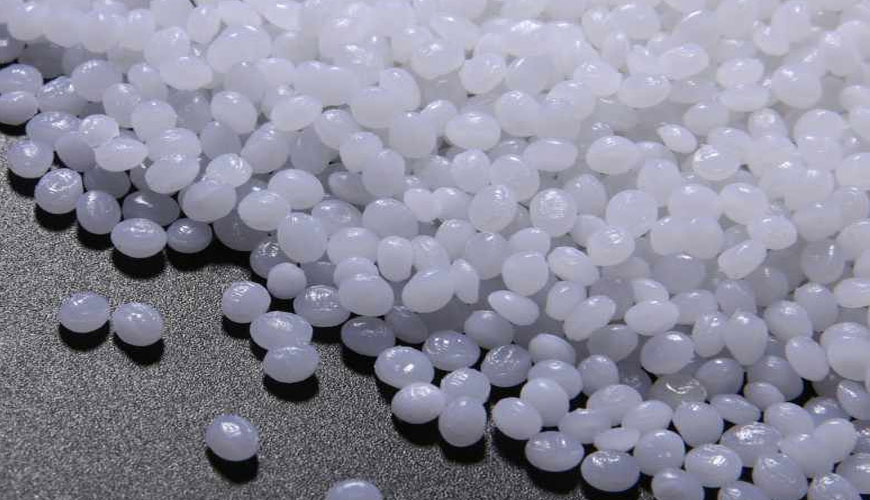

EUROLAB, with its state-of-the-art accredited laboratories and expert team, provides precise and fast testing services within the scope of ISO 294-1 testing. ISO 294-1 specifies the general principles to be followed when injection molding test specimens of thermoplastic materials and details mold designs for the preparation of two types of specimens for use in obtaining reference data, i.e. test specimens type A1 and type B1 as specified in ISO 20753 and repeatable molding provides a basis for establishing conditions.

Its purpose is to provide consistent descriptions of the main parameters of the molding process and to establish a uniform practice in reporting molding conditions. The specific requirements for the reproducible preparation of test specimens will vary for each material used and are given in the International Standard for the material concerned or will be agreed between the parties involved.
Many factors in the injection molding process affect the properties of molded test specimens and therefore the measured values obtained when the specimens are used in a test method. The mechanical properties of such samples are highly dependent on the conditions of the molding process used to prepare the samples. The precise definition of each of the main parameters of the molding process is a basic requirement for repeatable and comparable operating conditions.
In defining molding conditions, it is important to consider any effect the conditions may have on the properties to be determined. Thermoplastics differ in crystallization morphology (for crystalline and semi-crystalline polymers), phase morphology (for heterogeneous thermoplastics), molecular orientation, as well as orientation of anisotropic fillers such as short fibers.
Residual ("frozen") stresses in molded test specimens and thermal degradation of the polymer during molding also affect properties. Each of these phenomena must be controlled to minimize the variability of the numerical values of the measured properties.
EUROLAB assists manufacturers with ISO 294-1 test compliance. Our test experts, with their professional working mission and principles, provide you, our manufacturers and suppliers, the best service and controlled testing process in our laboratories. Thanks to these services, businesses receive more effective, high-performance and quality testing services and provide safe, fast and uninterrupted service to their customers.
To get an appointment, to get more detailed information or to request an evaluation, you can ask us to fill in our form and reach you.